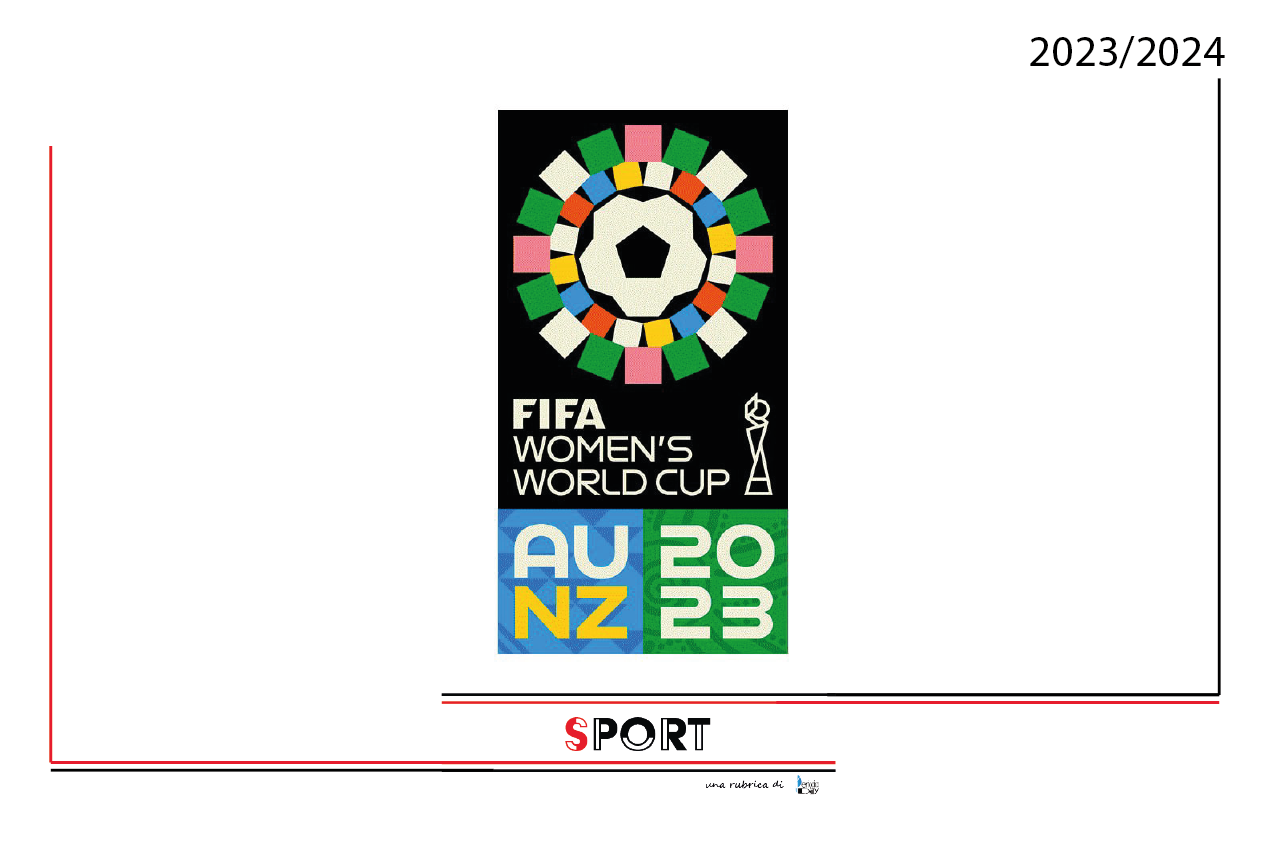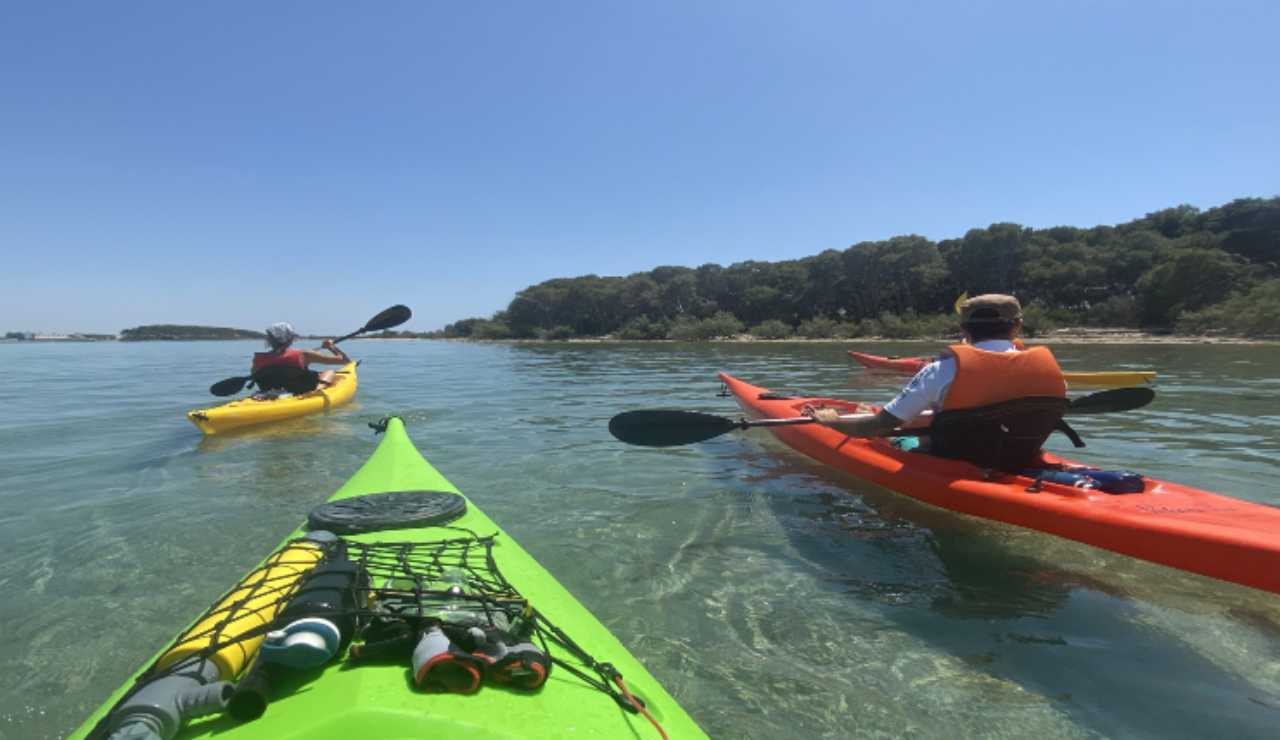From Grand Slams to One Tennis Academy, Valentina Sassi’s Florida coach: “Winning as a kid doesn’t matter, you need balance”
 Valentina Sassi
Valentina Sassi
At Florida for a New Life, we cherish past experiences to impart passion and determination to young students from all over the world. Valentina Sassi, born in Serafiza, in the province of Lucca, on July 12, 1980, was a WTA number 144 and won six international singles titles in her career between 1998 and 2007. Once competitive activity ended, Tuscany decided to stay in the world of tennis: live today In Boca Raton, USA, he works as a coach at One Tennis Academy.
Deluxe stages and opponents – Many memories of a career, which, year after year, has seen many satisfactions: “In Le Havre, France, I won $10,000 full of interesting players, including young Marion Bartoli. The feelings of the title in the $25,000 Grado tournament are also indelible. , which is the last tournament I played before I first traveled to Wimbledon. Each victory is special in its own way, they are important stages for climbing up the rankings and growing as a player: I will never forget the adrenaline and the sensations I felt on the pitch.” In the qualifiers for the US Open 2002, the challenge was with Svetlana Kuznetsova, who later became number 2 in the world: “I had a good backhand that could be decisive against her, but the Russian always managed to turn right around to shoot the winning goal. She was strong, big, fast and strong. : It was impossible to find a weak point.
Present at the service of youth promises – At One Tennis Academy, Valentina trains her two daughters, Asia and Sofia, and potential future champions: “Here in America we focus on fitness and strength, but personally I also consider the intelligence and tactical plans typical of Italians crucial. I work in a large academy where almost every day we welcome children from Other centers who want to play demo matches. This is the concept that the more games you play, the faster you improve.” The healthy growth of boys and girls, according to Valentina Sassi, goes through the concept of balance in everyday life on and off the field: “The pressure is dangerous for young people, especially given the relative importance of victories in the junior categories. Training your students for an hour longer than their competitors is not the answer: for everyone His own times and needs, and it’s up to us teachers to make the most of them all. An example of success is the Blues making it into the ATP Top 100: Coaches worked calmly and hard, devoting all their energies to the athletes. I’m not surprised that the component teams From valuable people who have achieved exciting results season after season.”

“Introvert. Avid gamer. Wannabe beer advocate. Subtly charming zombie junkie. Social media trailblazer. Web scholar.”





